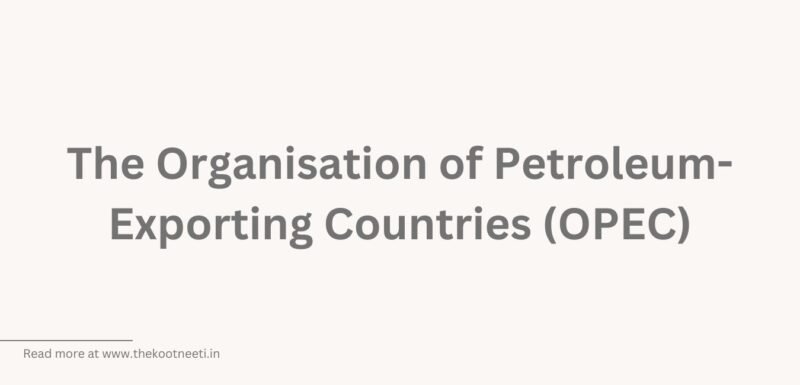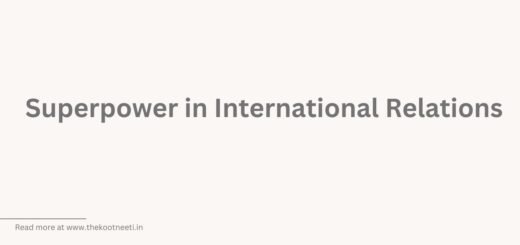The Organisation of Petroleum-Exporting Countries (OPEC)

The Organisation of Petroleum Exporting Countries (OPEC) is an intergovernmental organization of 13 oil-producing countries that are primarily located in the Middle East, Africa, and South America. OPEC was established in 1960 in order to coordinate the petroleum policies of its member countries and to ensure that they received a fair price for their oil.
OPEC’s member countries are: Algeria, Angola, Ecuador, Iran, Iraq, Kuwait, Libya, Nigeria, Qatar, Saudi Arabia, the United Arab Emirates, and Venezuela. OPEC has a secretariat headquartered in Vienna, Austria, which is responsible for carrying out the organization’s day-to-day activities.
OPEC plays a significant role in the global oil market, as its member countries together account for a significant share of global oil production and reserves. OPEC operates through a system of quotas, which limits the amount of oil that its member countries are allowed to produce in order to stabilize prices and prevent oversupply.
OPEC has been the subject of criticism in the past, as some have accused it of using its influence over the global oil market to manipulate prices and to pursue political objectives. However, OPEC has also played a role in helping to stabilize the global oil market and in promoting economic development in its member countries.
OPEC and India
India is a major consumer of oil, and it is heavily dependent on imports to meet its energy needs. As a result, India has a significant interest in the activities of the Organisation of Petroleum Exporting Countries (OPEC), which is a major global producer and exporter of oil.
India has traditionally had a close relationship with OPEC, and it has sought to maintain good relations with the organization in order to secure a stable and reliable supply of oil. India has also sought to diversify its sources of oil imports in order to reduce its dependence on any one particular supplier.
In recent years, India has become a major importer of oil from OPEC member countries, particularly from Saudi Arabia, Iraq, and Iran. However, India has also sought to diversify its sources of oil imports, and it has increasingly turned to other major oil-producing countries, such as Russia, the United States, and Angola.
OPEC has had a significant impact on the global oil market, and changes in OPEC’s policies and actions have had consequences for oil prices and the global economy more broadly. As a major oil consumer, India has been affected by these changes and has sought to mitigate their impact on its own economy and energy security.



















